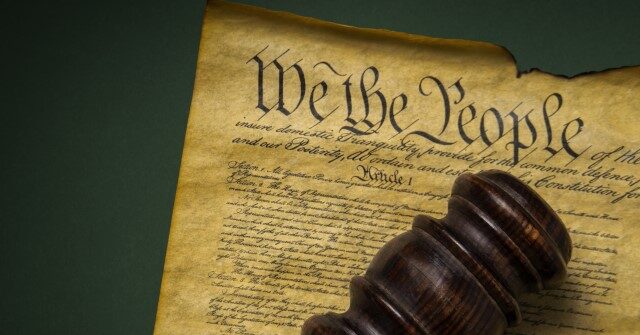On October 11, 2024, U.S. District Judge John L. Sinatra Jr. issued a significant ruling in the case of Christian v. James, determining that New York’s prohibition on concealed carry firearms on private property accessible to the public was unconstitutional. The lawsuit was brought forth by the Firearms Policy Coalition, the Second Amendment Foundation, and individual plaintiff Brett Christian, challenging the legality of the New York law that classified it as a felony for concealed carry license holders to possess firearms on private premises unless expressly permitted by the property owners. This ruling is noteworthy as it signals a shift in judicial interpretation regarding the exercise of Second Amendment rights in contexts traditionally governed by state law.
In his decision, Judge Sinatra referenced previous landmark Supreme Court cases, namely District of Columbia v. Heller (2008), McDonald v. City of Chicago (2010), and New York State Rifle & Pistol Association Inc. v. Bruen (2022), which have collectively underscored the Second Amendment’s affirmation of an individual’s right to keep and bear arms. Sinatra highlighted the absence of historical evidence that would justify the stringent limitations imposed by New York’s law, emphasizing that the right to self-defense should be respected across all types of private property that are available to the public. This interpretation suggests a broader understanding of Second Amendment rights, especially in relation to self-defense considerations on private lands utilized by the community.
The ruling effectively nullifies the state’s longstanding ban, with Judge Sinatra permanently enjoining all state agents from enforcing this prohibition. This judicial intervention is seen as a critical pushback against what critics have labeled as overreach by state anti-gun regulations. Sinatra’s ruling reflects a growing judicial trend toward recognizing the rights of licensed gun owners, bolstering their ability to carry firearms in ways that were previously restricted under New York law. The implications of this decision could extend beyond this case, potentially influencing how similar regulations are viewed and challenged across other jurisdictions.
Responding to the decision, Alan Gottlieb, founder of the Second Amendment Foundation, lauded the ruling as a crucial victory for gun rights advocates. He contended that the restrictive measures attempted by the New York state government aimed to maintain a functional ban on the legal carrying of firearms, which he characterized as unconstitutional. Gottlieb’s comments reflect a broader sentiment among gun rights proponents who have consistently argued that the Second Amendment should not be viewed as a lesser or secondary guarantee in contrast to other federal rights. This ruling could galvanize and inspire renewed efforts by advocacy groups to challenge other restrictive gun laws nationwide.
In the aftermath of this decision, the ongoing discourse regarding gun rights versus regulations will likely intensify, particularly in politically charged environments like New York, where gun control measures have traditionally been more stringent. The intersection of legal rulings and public sentiment around gun ownership raises questions about how states may adapt their laws in the face of judicial scrutiny. With increasing attention from both supporters and opponents of gun rights, this case could act as a catalyst for deeper conversations about what constitutes reasonable regulation versus prohibitive restrictions on Second Amendment rights.
As this ruling continues to resonate throughout the legal landscape, it will be essential to monitor its impacts on future legislation, policy implementation, and public perception regarding gun ownership rights. The judicial recognition of the rights enshrined in the Second Amendment in settings that challenge existing norms may pave the way for further legal challenges and potential revisions to gun laws across the United States. The decision signifies not only a legal victory for those advocating for gun rights but also a pivotal moment in the ongoing dialogue about the balance between regulation and constitutional freedoms in American society.

